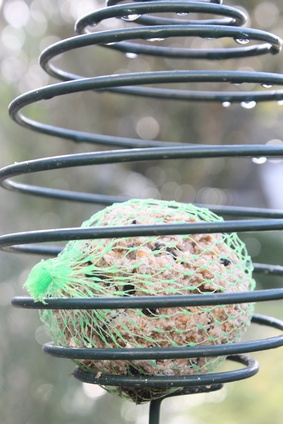
So you have your shiny new chicken coop and are keen to find new occupants, here are a few tips on what to consider when buying chickens for the first time:
Always buy your chickens in person.
When buying chickens, you need to see what you are getting. Some companies will deliver them, but reputable breeders operate a collection-only policy and with good reason. Check that they are fully vaccinated against diseases relevant to your area. For example in the UK you should consider the following vaccinations: Newcastle Disease, Marek's Disease, Fowl Pox, Laryngotracheitis, Fowl Cholera and Infectious Bronchitis.
By buying in person, you can see the condition of your birds, how they are kept and reject any that are obviously sickly or ill or otherwise not as they should be. Do not buy a chicken that is in poor condition out of sympathy unless you are prepared for the expense and the heartache.
You can buy chickens in full lay (20 to 25 weeks plus) or you can buy chickens before they start to lay, known as pullets or P.O.L which stands for point of lay, which are usually around 10 weeks old. Another option would be to get some ex battery chickens, which are available for free or a small donation. There are a number of battery chicken rescue charities to choose from on the internet. But you should be prepared for the fact that some of these birds are in pretty poor condition and will need a lot of care.
Buy in the day light and examine the birds closely .
Buy your chickens in daylight, when you can properly see their condition. A healthy hen should be alert, active and bright-eyed during the day. There is no substitute for picking up a chicken and examining her condition for yourself. Look for smooth legs, good feather condition and a firm body, indicating good muscle and meat development. Gently part the feathers for a quick inspection for lice or skin conditions hidden below.
When picked up, the bird should not be wheezing or coughing. If in doubt, put your ear close to their beak and listen for a minute. Birds with respiratory problems should be avoided. Also check around the bird's vent as a lot of muck there could indicate a worm problem. Trust your instincts; if you like the bird and the bird likes you, buy it. If you feel something is not right then look elsewhere.
Start with a few hens.
If you are new to chicken keeping then start with a few hens, 2 to a maximum of 4 is ideal. Remember you can always add more once you know what is really involved. However chickens are social creatures so it is cruel to only keep one. Chickens do require as much care an attention as any other pet so make sure you really do have the time in your daily schedule.
 The Cubalaya Chicken
Poultry BreedsThe Cubalaya C
The Cubalaya Chicken
Poultry BreedsThe Cubalaya C
 Pet Varieties That Dont Drop
Aside from serious behavioral problems, such as aggression,
Pet Varieties That Dont Drop
Aside from serious behavioral problems, such as aggression,
 Brinsea Spot Check Thermometer
Highly Accurate Digital Spot
Brinsea Spot Check Thermometer
Highly Accurate Digital Spot
 Perfect Travel Destinations With Travellers Aged In Excess Of 80
Person stage is a persons age when oldies have all their t
Perfect Travel Destinations With Travellers Aged In Excess Of 80
Person stage is a persons age when oldies have all their t
 How to Make Homemade Bird Food Suet
How to Make Homemade Bird Food Suet
Ho
How to Make Homemade Bird Food Suet
How to Make Homemade Bird Food Suet
Ho
Copyright © 2005-2016 Pet Information All Rights Reserved
Contact us: www162date@outlook.com